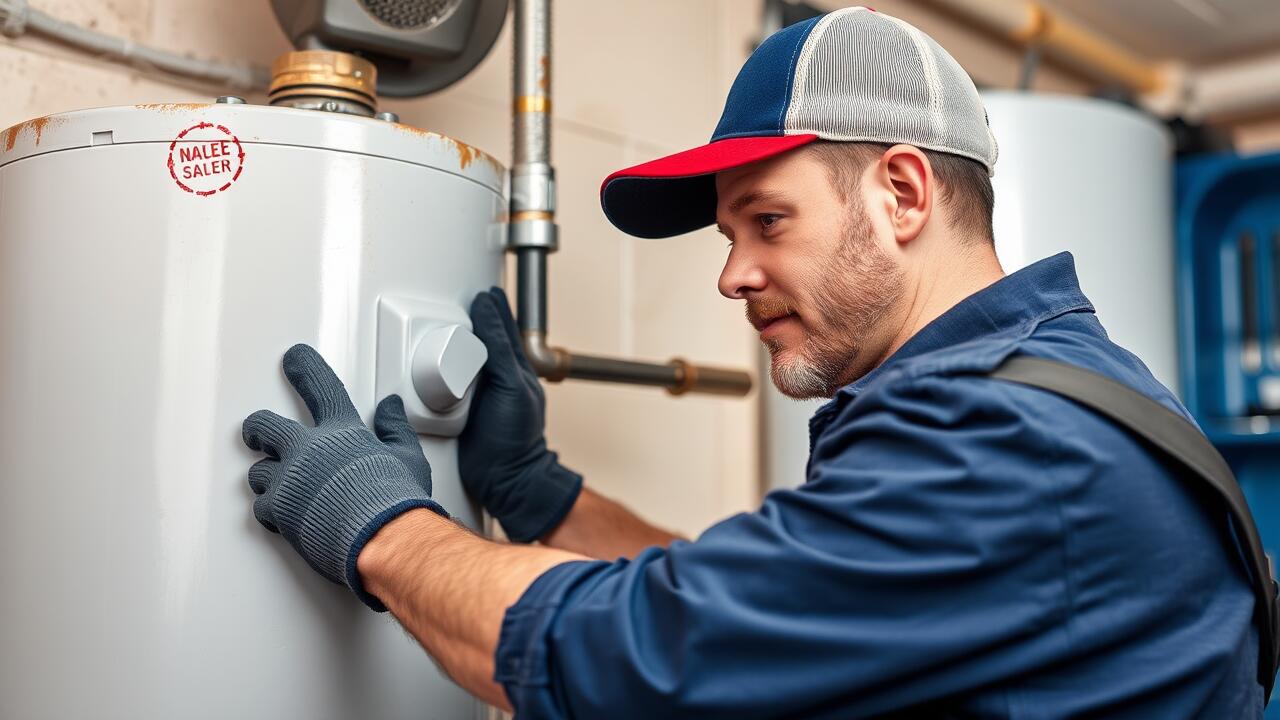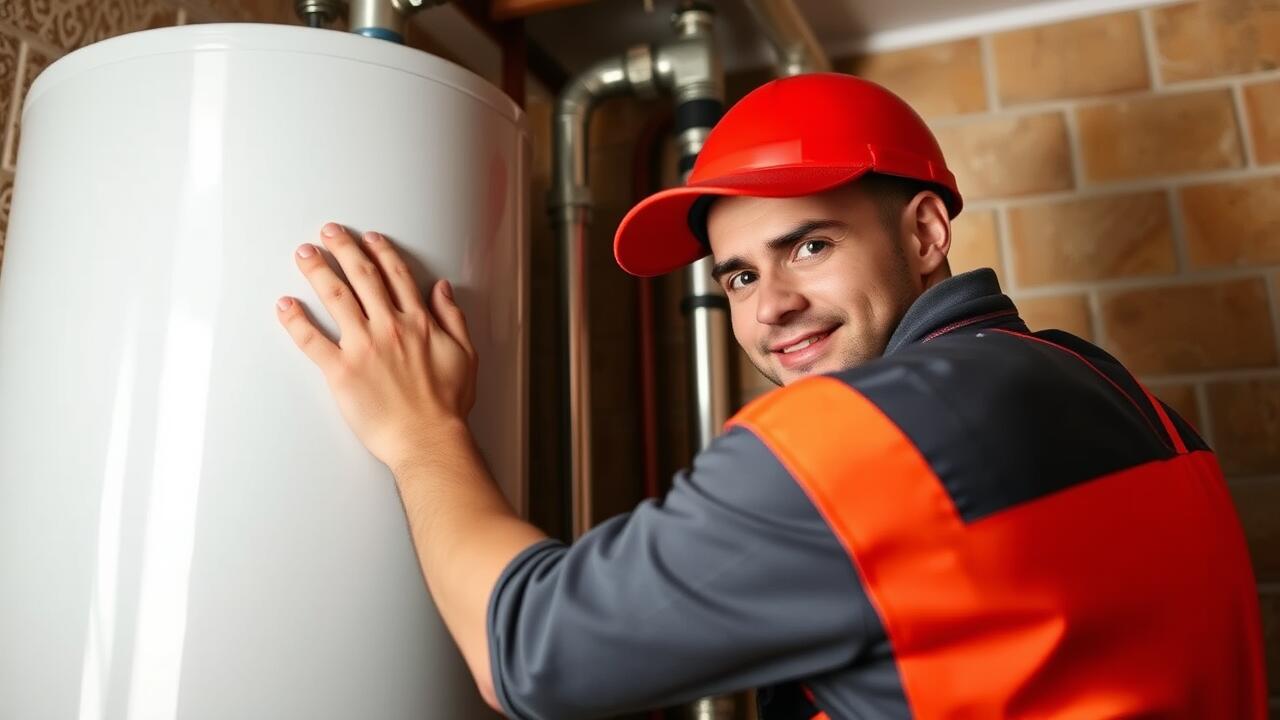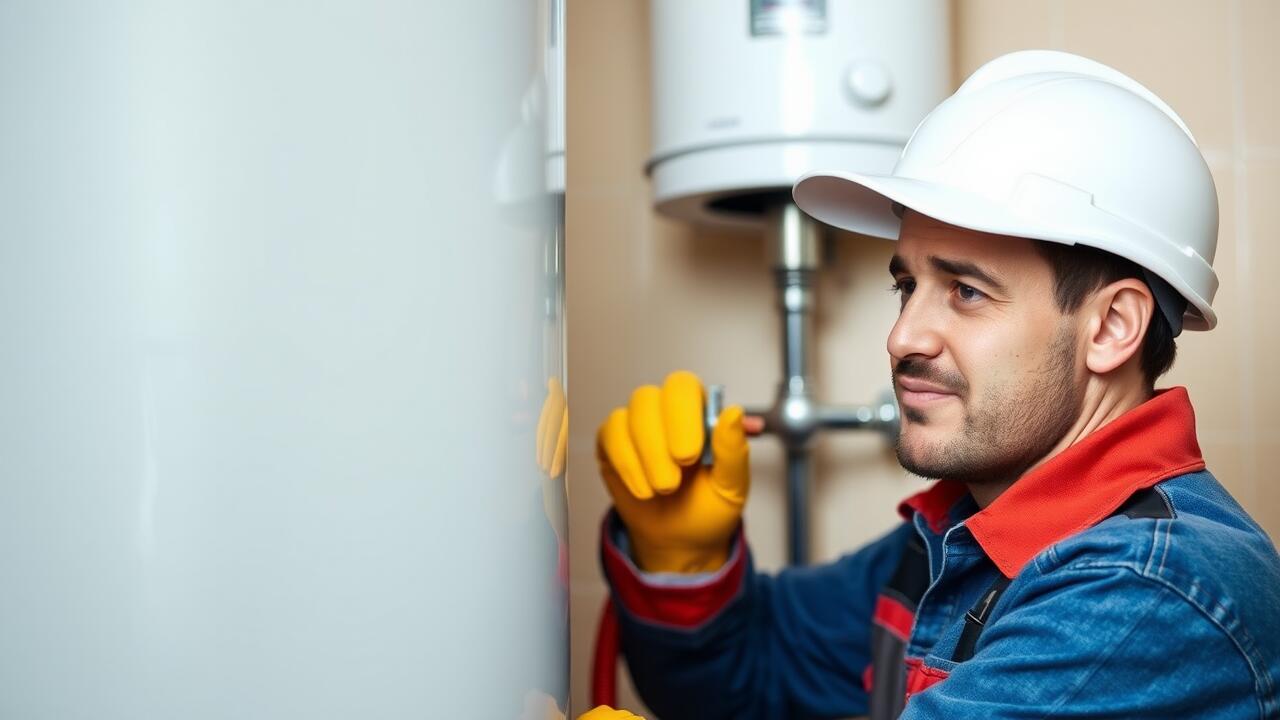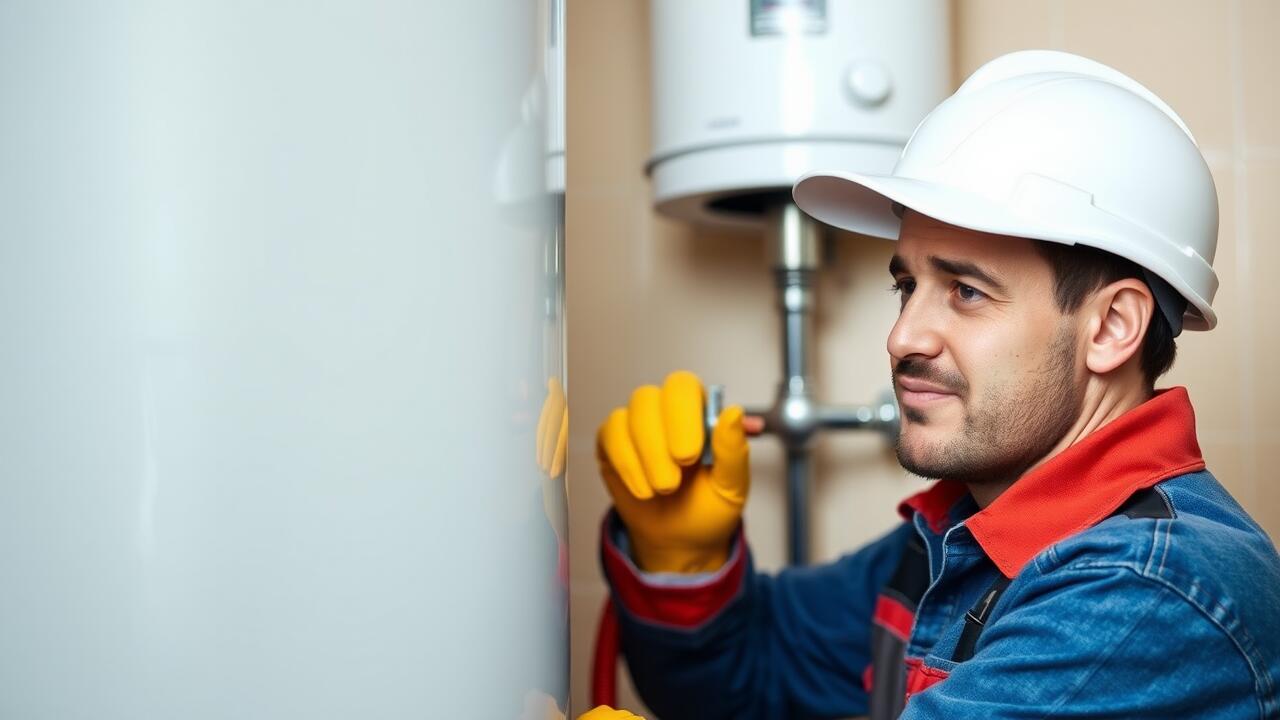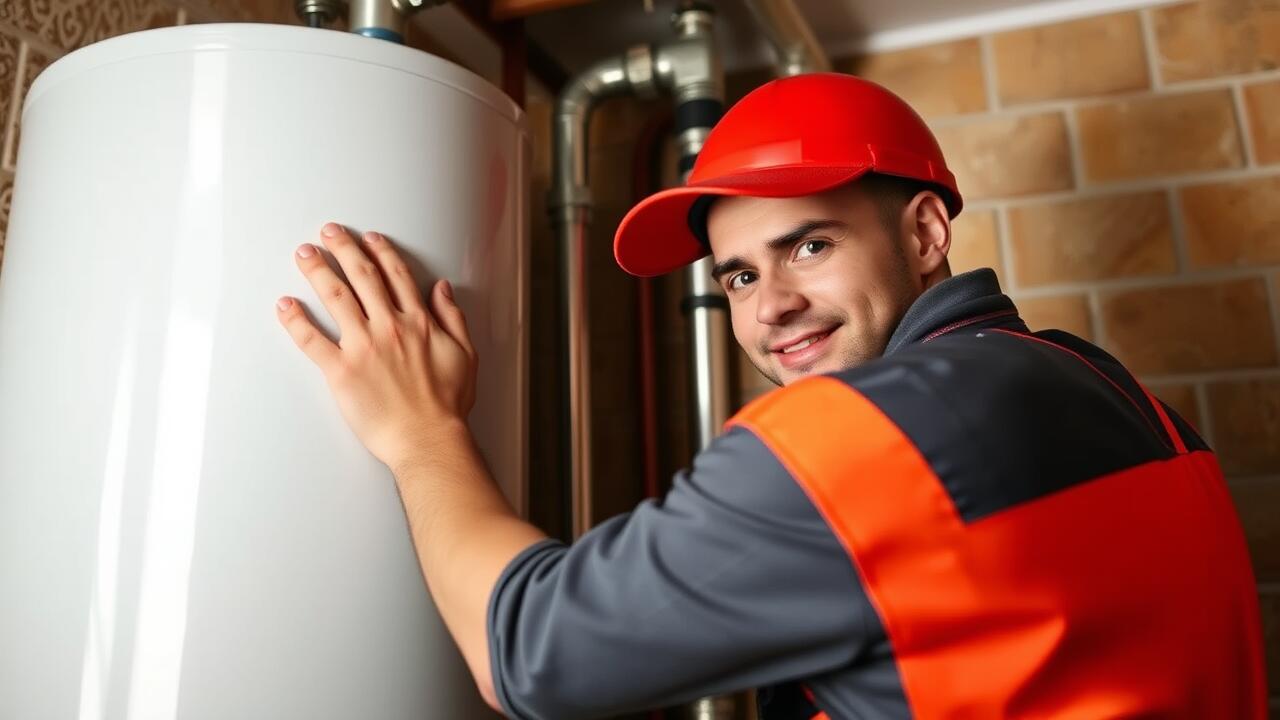
Troubleshooting Common Problems During Flushing
Flushing a water heater can sometimes lead to unexpected problems. If water is not draining properly, it may be due to clogged sediment in the tank. Make sure the drain valve is clear and open it carefully. If necessary, use a wet/dry vacuum to remove any debris. Additionally, check the temperature and pressure relief valve. A malfunctioning valve can lead to pressure build-up, so ensure it operates correctly. For persistent issues, conducting an online search for "Water heater repair near me" can help locate experts who can provide assistance.
Another common issue during flushing is noise from the water heater. This noise may indicate sediment buildup, which can cause overheating and inefficiency. If you hear rumbling or popping sounds, consider flushing the tank more frequently. Regular maintenance prevents significant damage and extends the life of your unit. If noise levels do not improve after flushing, reaching out to a local plumber through "water heater repair near me" may be essential to solving the problem.
Solutions for Frequent Issues
Sediment buildup can cause a host of problems in your water heater. Regular flushing is essential to preventing clogs and ensuring efficient operation. If you notice any unusual noises or reduced hot water supply, it might be time to address the situation. Flushing the tank can help eliminate these issues but ensure you follow the proper steps to avoid damaging the unit. If the problems persist after flushing, it may indicate deeper issues requiring further inspection.
In some cases, leakages or inconsistent temperatures can be problematic. Carefully check connections and fittings for signs of wear or corrosion. If your attempts to resolve these concerns lead to continued complications, searching for “water heater repair near me” can connect you with professional technicians who can assess and fix the issue effectively. Taking these steps will help maintain your water heater's longevity and performance.
The Impact of Hard Water on Your Water Heater
Hard water can significantly impact the efficiency and lifespan of your water heater. The minerals found in hard water, such as calcium and magnesium, tend to accumulate inside the tank and on heating elements over time. This buildup can create hot spots, leading to overheating and causing strain on the unit. Consequently, your water heater may work harder to maintain the desired temperature, resulting in increased energy costs and potentially leading to premature failure.
Recognizing the signs of hard water damage is crucial for maintaining your water heater. If you notice fluctuating water temperatures or a decrease in hot water supply, it may be time to investigate further. Regular maintenance can help alleviate some issues related to hard water. However, if problems persist, searching for "water heater repair near me" can connect you with professionals who can assess and address the situation effectively.
How Hard Water Affects Performance
Hard water contains high levels of minerals, primarily calcium and magnesium, which can significantly reduce the efficiency of your water heater. Over time, these minerals accumulate and form scale within the tank and on heating elements. This buildup acts as an insulating layer, requiring the heater to work harder to reach the desired temperature. As a result, energy consumption increases, leading to higher utility bills and potential wear on the system.
In some cases, the accumulation of scale can result in reduced water flow and inconsistent temperatures. Homeowners may notice that their hot water supply becomes unreliable or that their heater takes longer to heat water. Regular flushing can help mitigate these issues, but if you experience persistent problems from hard water, searching for "water heater repair near me" can connect you with professionals who can provide targeted solutions.
Professional vs. DIY Flushing
Flushing your water heater is a task that some homeowners choose to handle themselves, while others prefer to rely on professionals. A DIY approach can save money and give you a sense of accomplishment. Following the right steps, including safety precautions, is essential. However, the process can be messy and time-consuming. If not done correctly, it might lead to further complications. It’s advisable to thoroughly research and consider your skill level before proceeding with a DIY flush.
On the other hand, hiring a professional plumber can alleviate stress and ensure the job is done properly. Qualified plumbers possess the experience and tools necessary to flush your water heater efficiently. This choice is particularly beneficial if you’re unfamiliar with the maintenance process or if your system has specific requirements. For those contemplating assistance, searching online for "water heater repair near me" can connect you with local professionals who can provide expert help in flushing and maintaining your water heater.
When to Call a Professional Plumber
Homeowners should consider calling a professional plumber if they encounter persistent issues during flushing that they cannot resolve. Unusual noises, leaks, or a failure to drain can signal deeper problems with the water heater. Attempting to fix these issues without the necessary expertise may lead to more extensive damage. When in doubt, reaching out to a qualified technician can save time and prevent further complications.
If flushing your water heater has become a daunting task or you are unfamiliar with the process, professional assistance can ensure it is done safely and effectively. A trained plumber can quickly identify and address any underlying issues, ensuring your water heater functions optimally. For those searching online, using phrases like "water heater repair near me" can help locate experienced professionals in your area.
FAQS
How often should I flush my water heater?
It is generally recommended to flush your water heater at least once a year to remove sediment buildup and maintain its efficiency.
What are the signs that my water heater needs flushing?
Common signs include reduced hot water pressure, strange noises coming from the tank, or discolored water.
Can flushing my water heater improve its energy efficiency?
Yes, regular flushing can help improve energy efficiency by removing sediment that can insulate the heating elements and hinder performance.
Is it safe to flush my water heater myself?
Flushing your water heater can be safe if you follow proper instructions and safety precautions. However, if you’re unsure, it’s advisable to consult a professional.
How long does it take to flush a water heater?
The flushing process typically takes about 30 minutes to an hour, depending on the amount of sediment and the size of your water heater.
